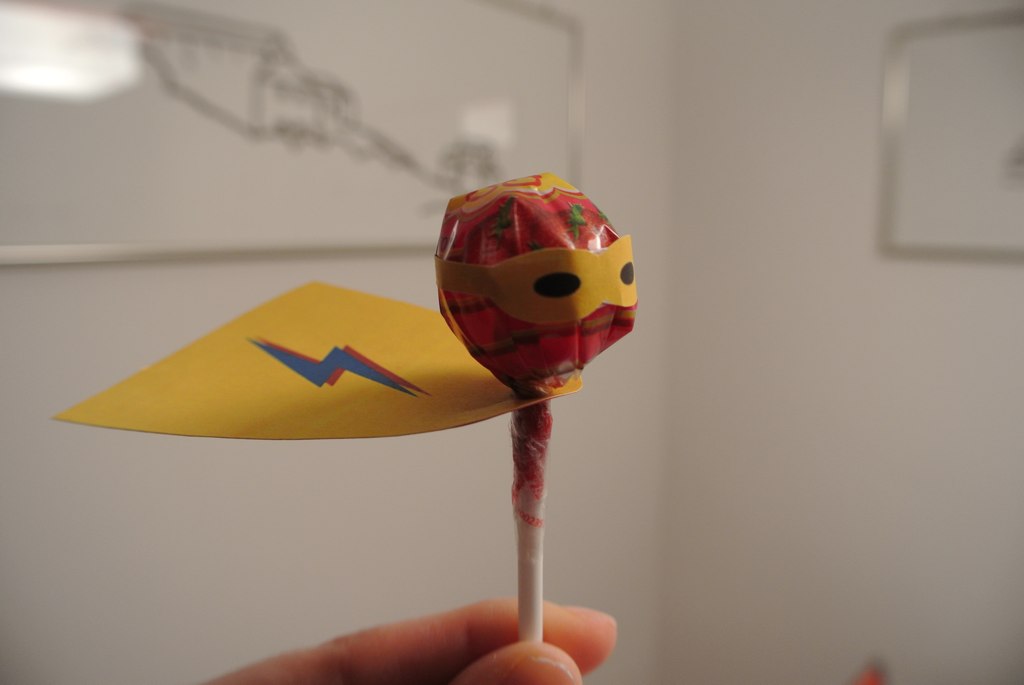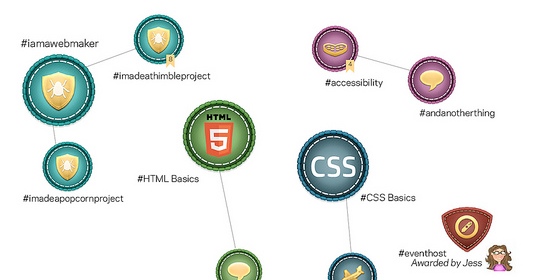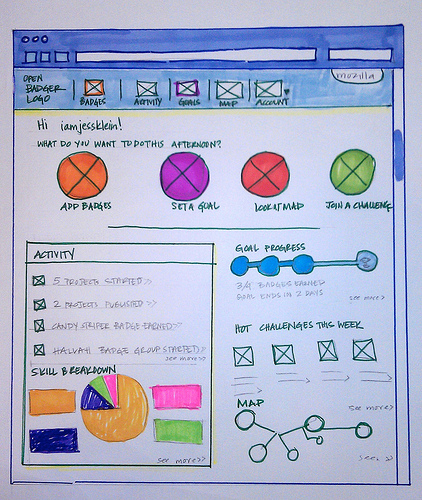My CC Superheroes
As part of the Creative Commons certification project that We Are Open have been involved with, a request is going around with the #CCquest hashtag to name your ‘CC superheroes’.
The idea is to tag five people who are ‘defenders of the commons’:
What are the virtues of someone who is an advocate for Creative Commons? How does what they do support the philosophy and spirit of The Commons? Think about what it takes to become this kind of person, and how we might wrap that into the Certification project.
It would feel like cheating to name three of the five as my co-operative co-founders (Bryan Mathers, Laura Hilliger, and John Bevan) so I’ve cast my net wider. Even so, it took me all of about three seconds to think of the people I’d mention! Do bear in mind, however, that these are five people out of perhaps ten times as many who I could have mentioned.
- Alan Levine — it’s entirely fitting that Alan is a member of the #CCquest team, as in the 10 years I’ve known him, he’s been a living, breathing example of the power of working and sharing openly. An inspiration.
- Audrey Watters — a tireless advocate of all things open, especially in education/technology, an important critic of the ‘Silicon Valley narrative’, and someone who tolerates bullshit less than anyone I’ve ever known.
- Cory Doctorow — I’ve only met Cory a couple of times in person, but seen him speak many, many times. He’s one of the most eloquent speakers I’ve ever had the privilege of hearing, and his work actually goes even wider than ‘open’, encompassing the totality of our lives online.
- Jess Klein — I had the great privilege of working with Jess at Mozilla, and still find it difficult to explain the range of her talents. She’s a designer, but also an educator, a facilitator, and a prototyper. And she does all of this in the open. Check out the Open Design Kit she recently helped put together!
- Jim Groom — a legend in his own lunchtime, I rely on Jim’s company, Reclaim Hosting for this blog and my other presences on the web. He’s the force behind the monumental ds106, tells it like it is about making a living in the open, and great fun to be around, to boot.
Who are your CC Superheroes?
Image CC BY-NC-ND giuliaduepuntozero




